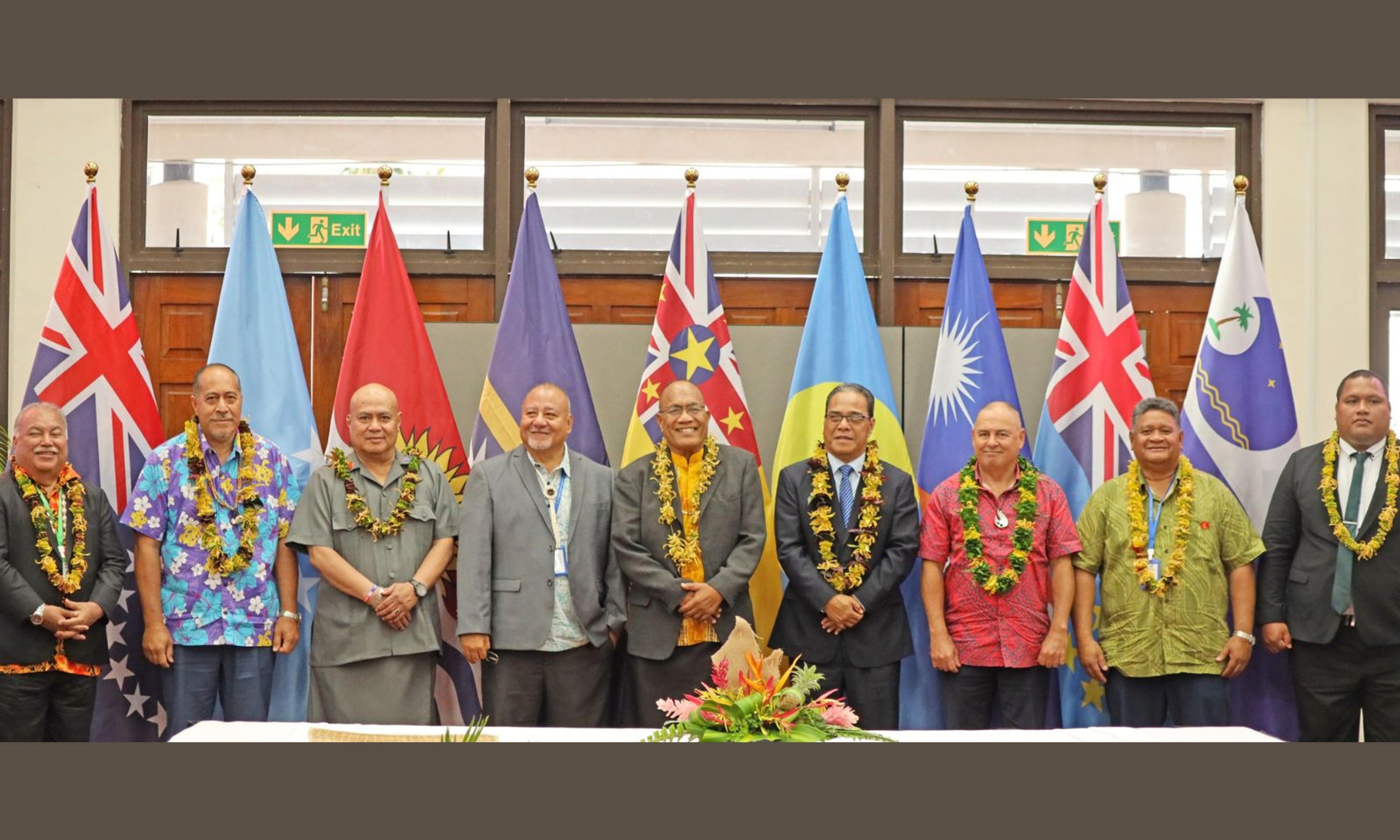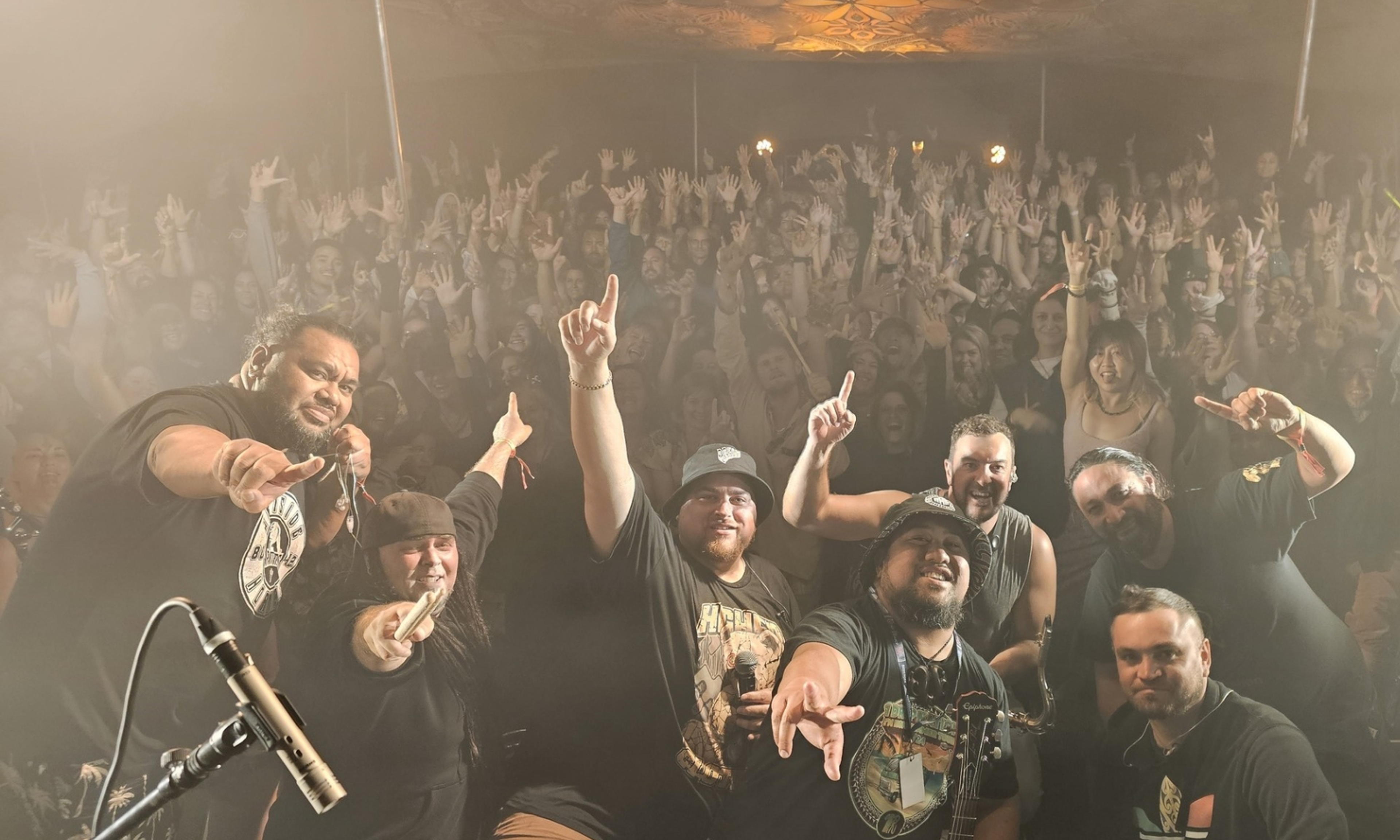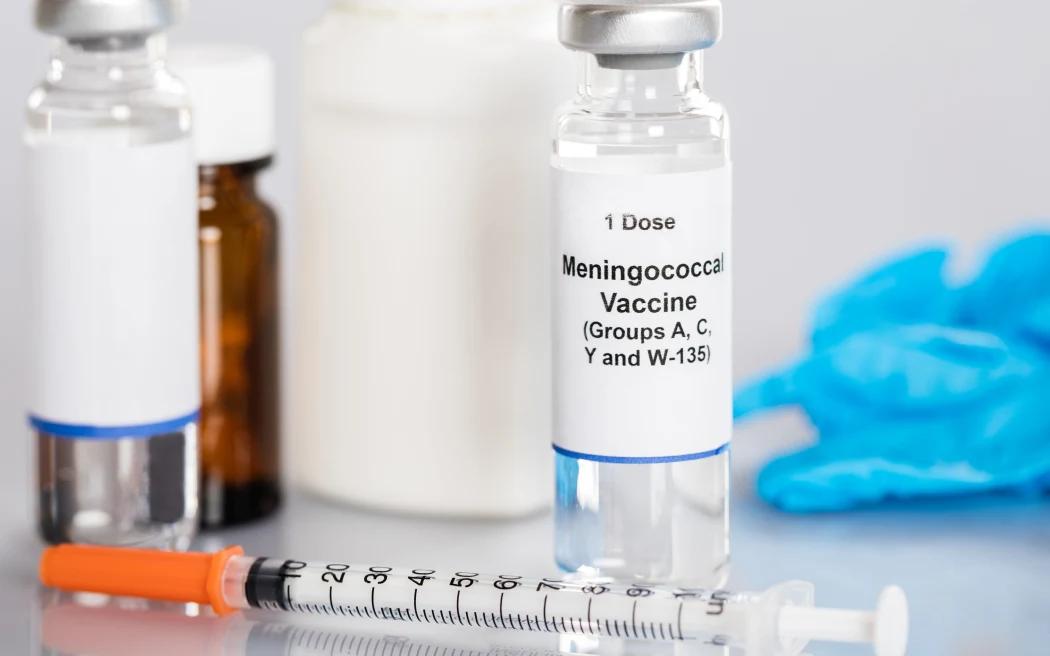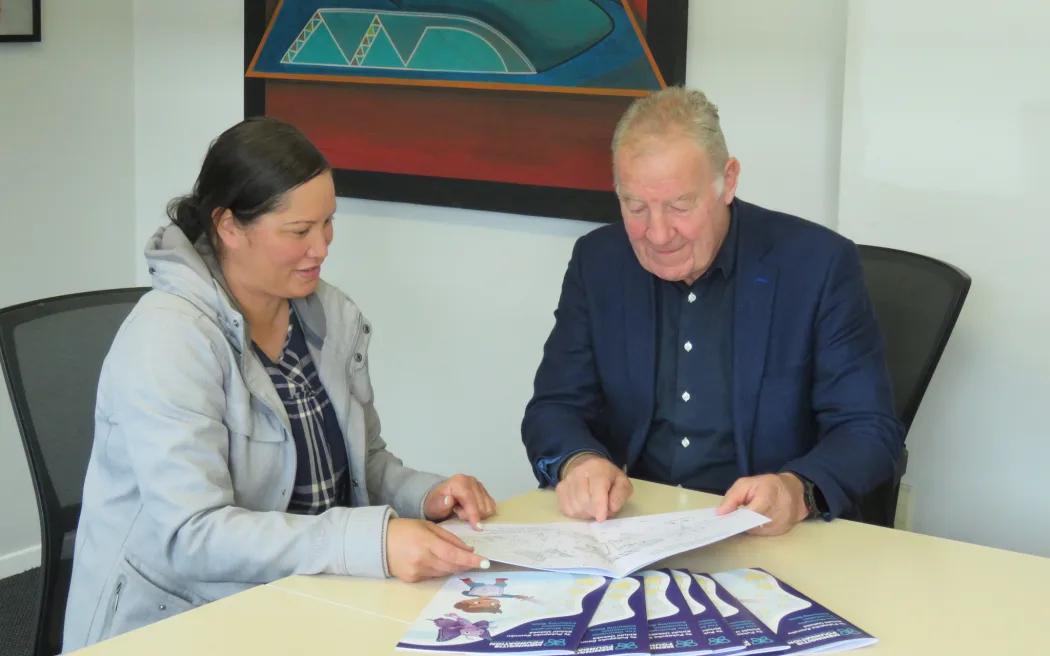

The Meningitis Foundation says the current funding model does not do enough to protect all adolescents.
Photo/UNICEF
Young people urged to vaccinate against meningococcal
New Zealand's Meningitis Foundation warns the potentially deadly illness is common among Pacific and Māori communities.



Ōtautahi's 1 Drop Nation celebrates brotherhood and legacy in new music




Pacific told to rethink ‘friends to all’ approach as region faces rising geopolitical pressure

Ōtautahi's 1 Drop Nation celebrates brotherhood and legacy in new music


Thousands of students have been advised to vaccinate against a potentially deadly disease over the summer, meningococcal.
The experts say this is because awareness about the disease is still relatively low, particularly among parents and students.
Meningococcal is a bacterial infection that affects the membrane around the brain.
It is uncommon and can cause two serious illnesses - meningitis, an infection of the membranes that cover the brain, and septicaemia (blood poisoning).
The underlying factor in most meningitis cases these days is that people are unaware that they need to be protected from both strains of the disease.
Gerard Rushton, the chair of Meningitis Foundation Aotearoa New Zealand, says the organisation is "primarily lobbying" for free vaccinations.
"But at the same time, we're focusing on raising awareness because people are simply not aware," he told William Terite on Pacific Mornings.
"These young people, when they're out socialising, we're starting to find those numbers of adolescents affected raising, so it's of a real concern."
The latest ESR data from the Institute of Environmental Science and Research shows that the number of cases of adolescents is high.
Watch Gerard Rushton's full interview below.
The figures also show that there are more adolescents getting meningitis now compared to our young ones.
"Between 1 January and 30 November 2024, there were 39 cases (36 confirmed and three probable) of invasive meningococcal disease reported," the ESR report stated.
"This number is similar to the period in 2021, higher than 2020 and lower than 2019, 2022 and 2023. There were two deaths, one in an infant aged less than one year and one in a young adult aged 15-19 years.
"The Northern region reported the highest number of cases (16), followed by Te Manawa Taki (11)."
Most meningococcal disease cases in 2024 have been Māori (44 per cent, 17 cases) or European or of another ethnicity (41 per cent, 16 cases).
For cases under five years old, 80 per cent were Māori, while for those aged 15-29 years, 80 per cent were European or of another ethnicity.
Rushton says the current vaccination programme has free jabs and a catch-up that's finished now.
"It was free for babies and a catch-up for three to five-year-olds. But the criteria for adolescence is far too narrow.

"It only accommodates people, first-year halls of residence, first-year boarding schools, barracks or prisons, so it's far too narrow, and we just feel that it needs to be widened.
"And the number of adolescents getting the disease at the moment reinforces our position that all adolescents should be able to get it free."
The data also shows that Māori and Pasifika are disproportionately affected, accounting for over half of reported cases.
While unsure why these communities are at particular risk, Ruston says, "It's higher-density living, but we don't know why, and we're really concerned.
"We've been lobbying this Government and the previous government because we feel that the current criteria for vaccination discriminates against our highest at-risk group, which is our Māori and Pasifika youth.
"We're just advocating for everyone to go and get their whānau protected because this disease moves so quickly, and it can kill within 24 hours.
"Often treatment comes too late, so that's why we're advocating for free vaccinations for everyone. So look, just go and get your whānau protected."

Photo/Meningitis Foundation
The symptoms of meningococcal meningitis in adults and children include:
A stiff, sore neck
A sensitivity to light or a dislike of bright lights
A severe headache
Being difficult to wake, drowsy or confused.
A fever, sometimes accompanied by cold hands and feet
Aching, sore joints
Vomiting
Convulsive fits or seizures
A rash that does not go away when pressed with a glass (although not everyone who gets meningococcal meningitis gets a rash).
If you suspect someone has meningitis, seek urgent medical attention by seeing your doctor or calling 111 immediately.